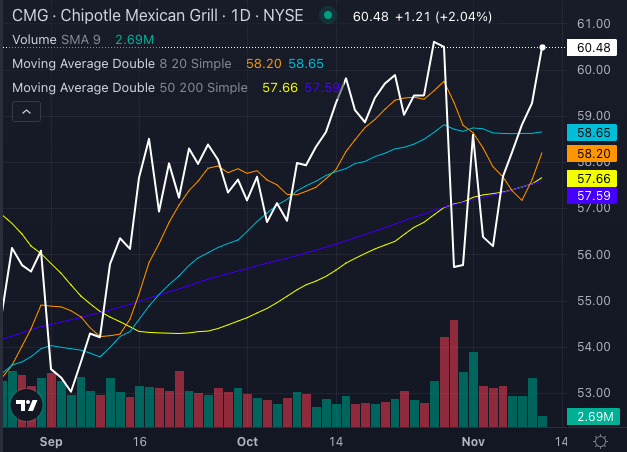On May 4, Berkshire Hathaway released its first-quarter report and hosted its annual meeting of shareholders. While plenty of news came out of the report and the event, the part that stood out was undoubtedly the noticeable decrease in Berkshire’s Apple position.
Apple stock remains Berkshire’s largest holding. But the sell-off might make some investors wonder if Berkshire is getting bearish on the tech stock. Here’s some context on its Apple holdings, some justification for the sale, and how to approach the iPhone maker now.

Image source: Getty Images.
Assessing Berkshire’s Apple Position
The value of Berkshire Hathaway’s Apple stake was estimated at $135.4 billion as of March 31, compared to $174.3 billion on Dec. 31, 2023. This implies a 12.9% decrease in the Apple position between the fourth quarter of 2023 and the first quarter of 2024.
A significant aspect of this sale is its size. It surpasses previous reductions, indicating a strategic shift in Berkshire’s investment approach.
During the annual meeting, Buffett continued to praise Apple, highlighting its superior business qualities compared to longstanding Berkshire holdings like Coca-Cola and American Express.
Buffett’s decision to reduce the Apple stake is multifaceted. He mentioned the need to raise cash in the current environment and capitalize on favorable tax rates on capital gains.
Buffett emphasized his defensive stance in the market, with Berkshire’s cash position growing substantially. This move reflects a cautious outlook on investment opportunities at present.
Buffett’s Distinct Investment Strategy
Buffett is known for his patient investment style, often waiting for lucrative opportunities before making significant moves.
Berkshire’s acquisition history, such as its investments in Coca-Cola and American Express, underscores Buffett’s preference for concentrated, high-conviction holdings.
The bulk of Berkshire’s Apple shares were bought between 2016 and 2018 at modest prices, resulting in substantial gains for the company due to Apple’s impressive stock performance.
Apple’s outsize contribution to Berkshire’s portfolio is a testament to the stock’s remarkable growth since Berkshire’s initial purchase. This growth has influenced Berkshire’s sizeable Apple position.
Despite Apple’s recent underperformance relative to the S&P 500 and the tech sector, its past profitability justifies the decision to sell shares and build up cash reserves.
Final Thoughts on Apple’s Investment Appeal
Buffett’s continued endorsement of Apple suggests enduring confidence in the company’s long-term prospects, despite recent adjustments to Berkshire’s stake.
While Apple may no longer offer the bargain it once did, its solid fundamentals and track record position it as a compelling investment opportunity for Berkshire and other investors.
The Berkshire Hathaway Conundrum: Trimmed Apple Position Reflects Cautious Market Outlook
The Apple Conundrum
Berkshire’s recent decision to trim its Apple stock position comes as a surprise to many. The conglomerate, under the guidance of Warren Buffett, had placed immense faith in Apple, reaping substantial returns in a relatively short span of time. The move to reduce the holding perhaps signals a cautious stance in the market, hinting at a potential trend towards further divestment.
Historical Context
Reflecting on Apple’s journey, it’s intriguing to note that at one point, on January 1, 2016, the tech giant sported a modest 11.2 price-to-earnings (P/E) ratio. In stark contrast to its current 28.5 P/E ratio, Apple was then an undervalued gem, attracting Berkshire’s attention for its value-oriented play. The subsequent rise in valuation underscores the dynamic nature of stock market cycles and investor sentiment.
Market Dynamics
As Berkshire strategically maneuvers to build cash reserves while maintaining a diverse portfolio across various economic sectors, its move to sell off Apple shares hints at a nuanced evaluation of market conditions. Investors keen on deciphering the rationale behind such decisions are prompted to analyze the evolving landscape and consider the implications of a potential shift in investment strategies.
Long-Term Perspective
While Berkshire’s reduction in Apple holdings may signify that the easy gains have been harvested, it does not necessarily denote overvaluation or a complete dismissal of the stock’s potential. Despite the unlikelihood of replicating past meteoric growth, Apple’s fundamental strength positions it as a contender to outperform market benchmarks over the long haul.



